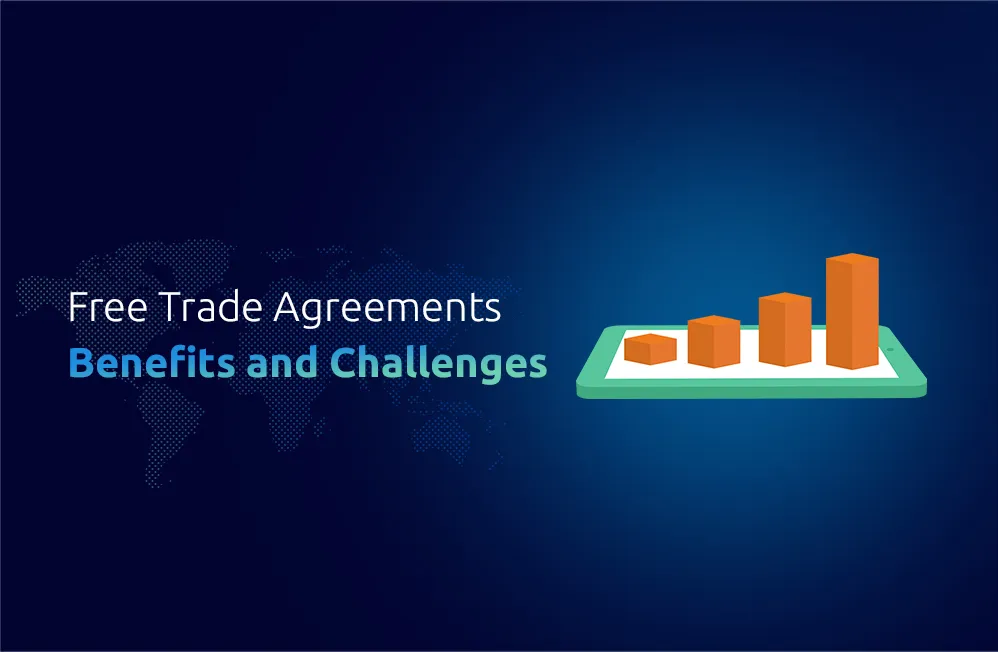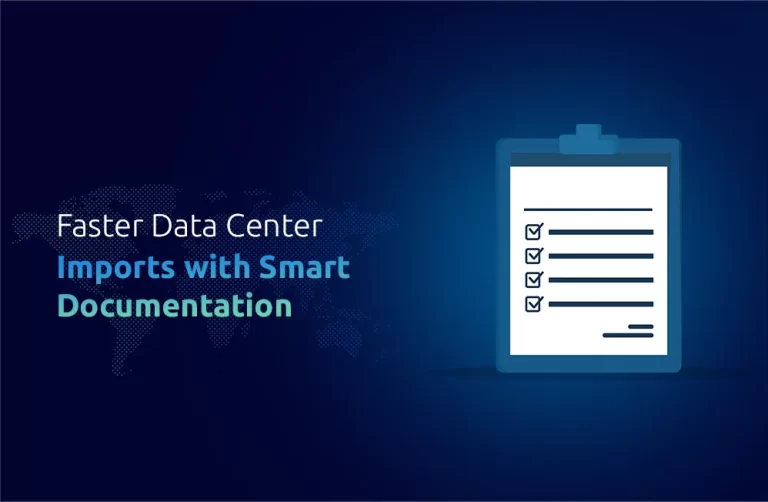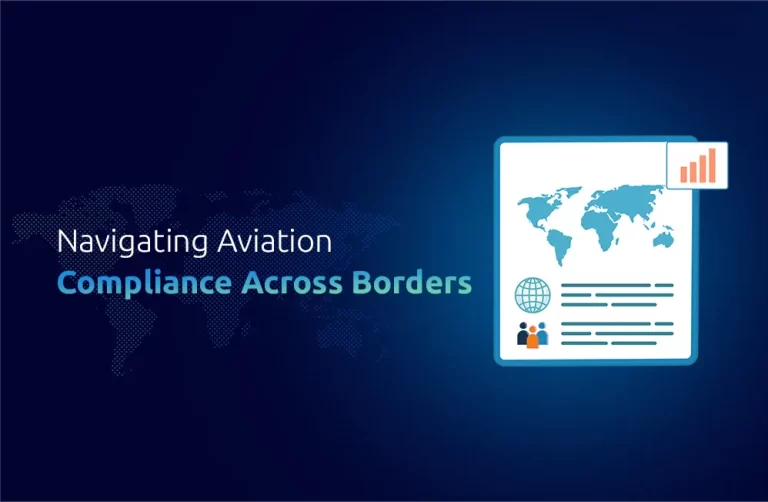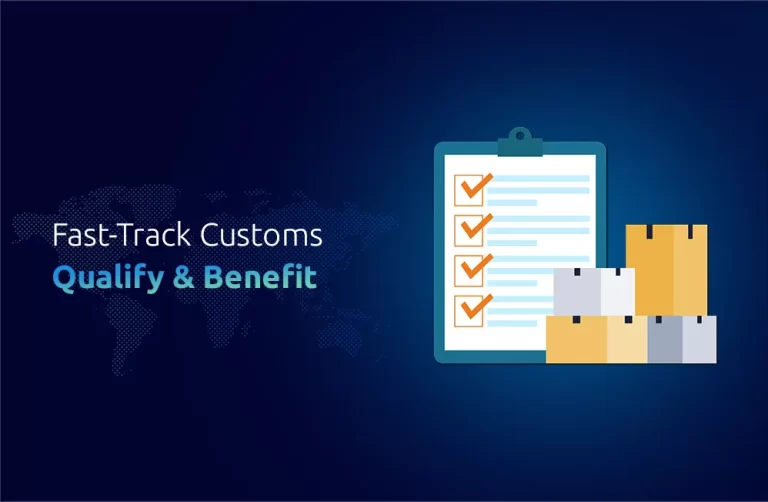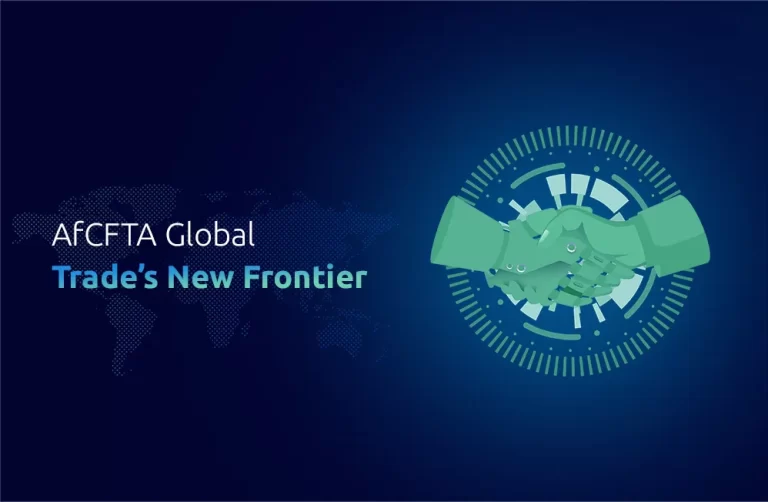Insight
International commerce has become crucial to fostering worldwide cooperation and economic growth in today’s interconnected society. The Free Commerce Agreement has grown to be a crucial element for both governments & corporations. FTAs are intended to facilitate the easier and more effective flow of products and services by lowering trade barriers such as import quotas, tariffs, and other limitations.
Navigating these trade agreements is essential for companies in sectors including healthcare, IT equipment, automotive, and aviation equipment to optimize their growth potential in international markets. FTAs do, however, have a number of drawbacks in addition to their many benefits. Businesses can maximize their trade strategy and steer clear of mistakes by being aware of these advantages and disadvantages.
A free trade agreement (FTA) is a contract between two or more nations that lowers trade obstacles to improve economic cooperation. To facilitate cross-border trade in products and services, these agreements usually concentrate on removing import limits and taxes. Other important trade concerns, such as labor rights, environmental standards, and intellectual property protection, can also be managed by FTAs. Even though each free trade agreement is different, they always aim to strengthen economic ties and provide a more advantageous trading climate for the nations involved.
Free Trade Area vs. Customs Union vs. Single Market
It’s required to understand the differences between the Free Trade Area and common Customs Union, & Single Market agreements when discussing trade agreements. Free Trade Areas are the most general form of cooperation, with member countries agreeing to minimize or reduce tariffs and trade barriers among themselves. At the same time, each nation retains its trade policies with non-member nations. As one example, although European Union countries generally enjoy preferential trade terms among themselves, they each impose separate tariffs for imports from outside of their region.
Customs Unions go further by not only eliminating tariffs between members but also setting an external tariff that applies to goods entering from non-EU nations, similar to what the EU employs. Single-market arrangements provide the broadest coverage, expanding upon the benefits of customs unions to encompass not just goods but also services, capital and labor. A single market permits goods and services to flow freely among member states without restrictions between member nations; citizens working anywhere can even move freely between member countries- something evident within European Union member nations.
Key Benefits And Challenges of Free Trade Agreements
Free trade agreements (FTAs) have many advantages, but they often have drawbacks, especially for companies operating in regulated industries like IT equipment, healthcare, and aviation. Job displacement is a significant worry since industries that can’t compete with lower-priced imports may experience disruptions. For instance, when imported goods enter without tariffs, industries like textiles and basic manufacturing may suffer.
FTAs can provide difficulties with regard to environmental sustainability, intellectual property (IP) protection, and complicated regulatory compliance. It can be challenging to protect patents, trademarks, and innovations in a worldwide trading economy, particularly in nations with laxer IP enforcement. Concerns about the environment and society may also surface because some nations may relax their regulations in an attempt to draw in foreign investment, which could have detrimental effects on the environment or working conditions.
Although labor rights and environmental protection clauses are often included in modern free trade agreements, their efficacy is dependent on each nation’s ability to implement them. Furthermore, the intricacy of adhering to several nations’ regulations, such as export controls, certification requirements, and customs processes, can raise operating expenses and create delays. This is especially difficult for smaller companies that need more resources to handle such complexities.
Free Trade Agreements (FTAs) offer several key benefits that drive economic growth and global cooperation. One of the primary advantages is increased market access, as FTAs eliminate tariffs and import quotas, making products more competitive and affordable in foreign markets. This is particularly valuable for industries like IT, aviation, and healthcare, which often face high export duties. FTA’s also stimulate economic growth by reducing import costs, fostering competition, and creating new jobs, which can raise wages and improve living standards.
Additionally, FTA’s enable countries to specialize in industries where they have a comparative advantage, increasing efficiency and productivity. Clients benefit from lower prices and a wider variety of products, especially in sectors like healthcare and IT, where innovation thrives. Lastly, FTAs promote global cooperation by encouraging trade and fostering diplomatic relations, helping to ensure compliance with international standards and improving global stability.
In conclusion
Free trade agreements have shown to be useful tools for encouraging cross-border collaboration, lessening trade restrictions, and stimulating economic expansion. Free trade agreements (FTAs) help companies in a variety of areas, such as healthcare, IT, aviation, and automobiles, since they reduce consumer costs, enhance expertise, and expand market access.
FTA’s are difficult, however. Among the challenges that companies face while operating in international markets include job displacement, unequal benefits, intellectual property concerns, and regulatory difficulties. Understanding the intricacies of global commerce, One Union Solutions is here to assist businesses in the IT, healthcare, automotive, and aviation sectors in navigating the advantages and difficulties of free trade agreements. Our all, inclusive Exporter of Record and Importer of Record services are made to make exporting easier while guaranteeing efficiency and compliance at every stage. Your company may confidently enter new markets while lowering risk & optimizing opportunity by working with us.
Did you know,
According to a 2023 World Trade Organization report, countries with Free Trade Agreements experience up to 20% increase in trade volume.
FAQ’s
Q. What defines a FTA or free trade agreement?
Ans: An FTA is an agreement between two or more countries to reduce or eliminate trade restrictions, such as import quotas and tariffs, in order to promote the free flow of goods and services.
Q. What are the advantages of free trade agreements/FTA for companies?
Ans: FTAs help businesses by increasing market access, lowering costs, encouraging competition, and promoting specialization.
Q. What are the challenges of Free Trade Agreements?
Ans: Challenges include job displacement, unequal distribution of benefits, intellectual property risks, and complex regulatory compliance.
Q. How can One Union Solutions assist with FTAs?
Ans: We provide Exporter of Record (EOR) and Importer of Record (IOR) services to ensure that your business
Q. How can FTAs affect small businesses?
Answer: When free trade agreements (FTAs) provide new markets, small businesses may need help to compete with larger, more resource-rich firms. They might also need help understanding the complex nature of regulatory standards and compliance. However, with fewer trade restrictions and better access to global markets, free trade agreements (FTAs) can also present chances for small enterprises to grow.

